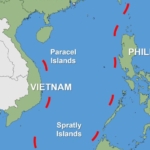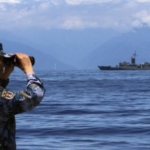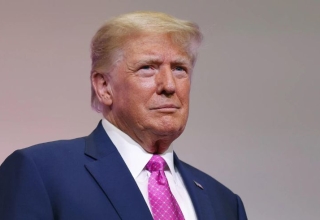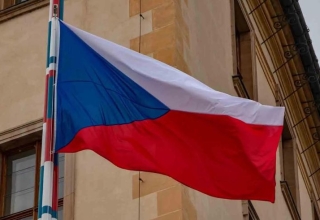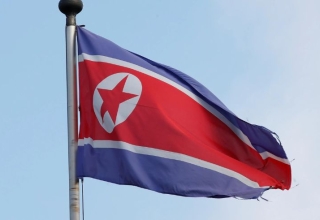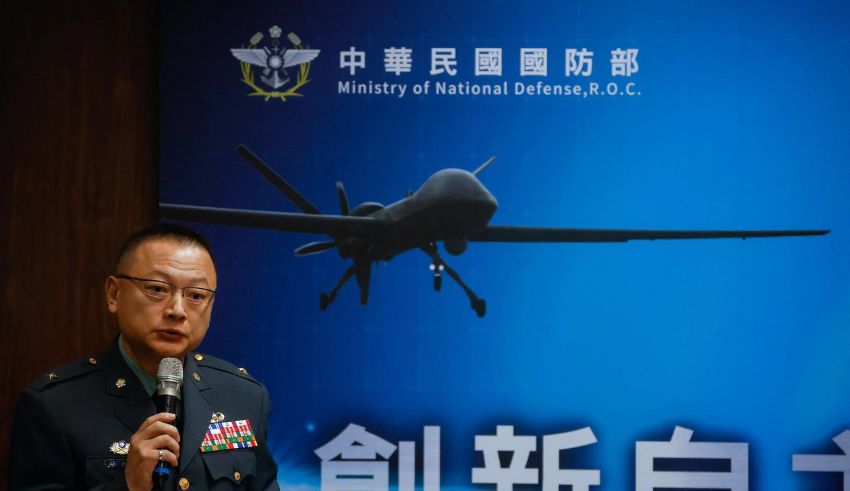
In a theater of intrigue and unease, Taiwan’s Defense Minister, Chiu Kuo-cheng, has issued an enigmatic warning regarding what he terms “abnormal” military activities by China near the island. These pronouncements come in the wake of a dramatic surge in Chinese warplane incursions encircling Taiwan, creating a perplexing and suspenseful narrative in the volatile world of geopolitics.
China’s persistent claim over Taiwan, viewing it as an indivisible part of its territory, has cast an enduring shroud of uncertainty across the region. Beijing’s steadfast insistence that it would seize Taiwan, even if it necessitated military force, has kept the global community on edge, wondering about the underlying currents of this geopolitical tango.
What “Abnormal” Activities is China Doing?
The recent surge in Chinese military activities encircling Taiwan has captured international attention and stirred a multitude of questions. Taiwan’s defense ministry reported an astonishing 103 Chinese warplanes within a single 24-hour period, an unprecedented display of aerial assertiveness that has left the world watching in fascination and trepidation.
Minister Chiu Kuo-cheng’s characterization of these activities as “abnormal” adds an element of mystery to an already complex narrative. His tantalizing hint that China has been engaged in joint exercises encompassing land, sea, air, and amphibious operations until September leaves observers in suspense, pondering the true intent behind this cryptic display of military prowess.
Despite the palpable tension, it’s important to note that Taiwan’s current alert level stands at a mere 1 on a scale of 5, signifying a “slight increase in volcanic earthquake, and steam or gas activity.” However, this seemingly subdued state of alert does little to diminish the gravity of the situation or quell the concerns of military analysts and global strategists.
Taiwan’s vigilant defense ministry has been diligently monitoring these developments, even publicly drawing attention to China’s activities near Fujian province’s Dacheng Bay—a geographical location that gazes across the Taiwan Strait towards the island. Sun Li-fang, the ministry’s spokesperson, expressed concern over the risks posed by these actions, claiming that they had not only heightened tensions but also cast doubt on regional security.
Keep Reading
What Does the US Have To Do With It?
Across the Pacific, the Pentagon in the United States has weighed in on the situation, painting a vivid portrait of the intricate nature of a hypothetical direct invasion of Taiwan. The island’s rugged terrain and a scarcity of suitable landing beaches would confound any military endeavor. Additionally, as admitted by U.S. officials, orchestrating a complicated symphony of combined amphibious and airborne assault operations would be a difficult assignment rife with complexity and risks.
China continues to demonstrate its military might close to Taiwan in this complicated and intriguing ongoing story, raising worries for the stability of the entire region as well as the island. These ongoing military maneuvers, including provocative crossings of the median line in the Taiwan Strait, have elevated tensions and transformed the region into a theater of global interest and concern.
As China normalizes these activities and endeavors to flex its strategic muscle, the world’s diplomats, experts, and observers remain captivated by this high-stakes geopolitical ballet, wondering what secrets may lie beneath the surface. Taiwan, positioned at the heart of this enigmatic challenge, stands as a key player in a complex and ever-evolving narrative that continues to defy easy interpretation.
